The EU's new leadership - Antonio Costa as President of the European Council, Kaja Kallas as High Representative for Foreign Affairs, and Ursula von der Leyen leading the European Commission - faces a host of urgent political tasks. For the pro-war globalists, the top priority is maintaining financial and military support for Ukraine. The EU plans to provide €1.5 billion in monthly aid to Ukraine through 2025, complemented by a €50 billion G7 loan that could partially be financed using frozen Russian assets.
Additionally, the EU plans to supply Ukraine with a substantial quantity of ammunition and weapons.
However, Trump’s potential presidency and his peace-oriented stance pose serious challenges for left-wing leaders, as he may reduce or entirely cut off U.S. support for Ukraine. In such a scenario, Brussels would need to figure out how to secure alternative resources to cover the shortfall. Should this place a heavier burden on member states, Brussels risks incurring greater public discontent across Europe and further boosting support for the Patriots for Europe. This movement has already become the third.largest party family in the European Parliament in just a few months,
offering a real alternative for the EU's disillusioned citizens seeking peace.
PM Viktor Orban highlighted the changing European political landscape and the growing strength of the Patriots in several year-end statements.
In an interview with Magyar Nemzet, Mr. Orban emphasized that
we have a strategy for establishing cooperation with European conservatives and for making it clear to the member parties of the European People’s Party that true Christian Democratic right, and traditions, are upheld by the Patriots, not by them.
Diplomatic circles in Brussels are rife with speculation about how much financial support will ultimately be required.
Andrius Kubilius, Commissioner for Defense and Space Policy, is tasked not with creating a European army but with better coordinating member states’ defense procurement policies. However, many member states have defense budgets too limited to quickly invest in new weapons, and the public has increasingly diverged from the stance of leading EU officials.
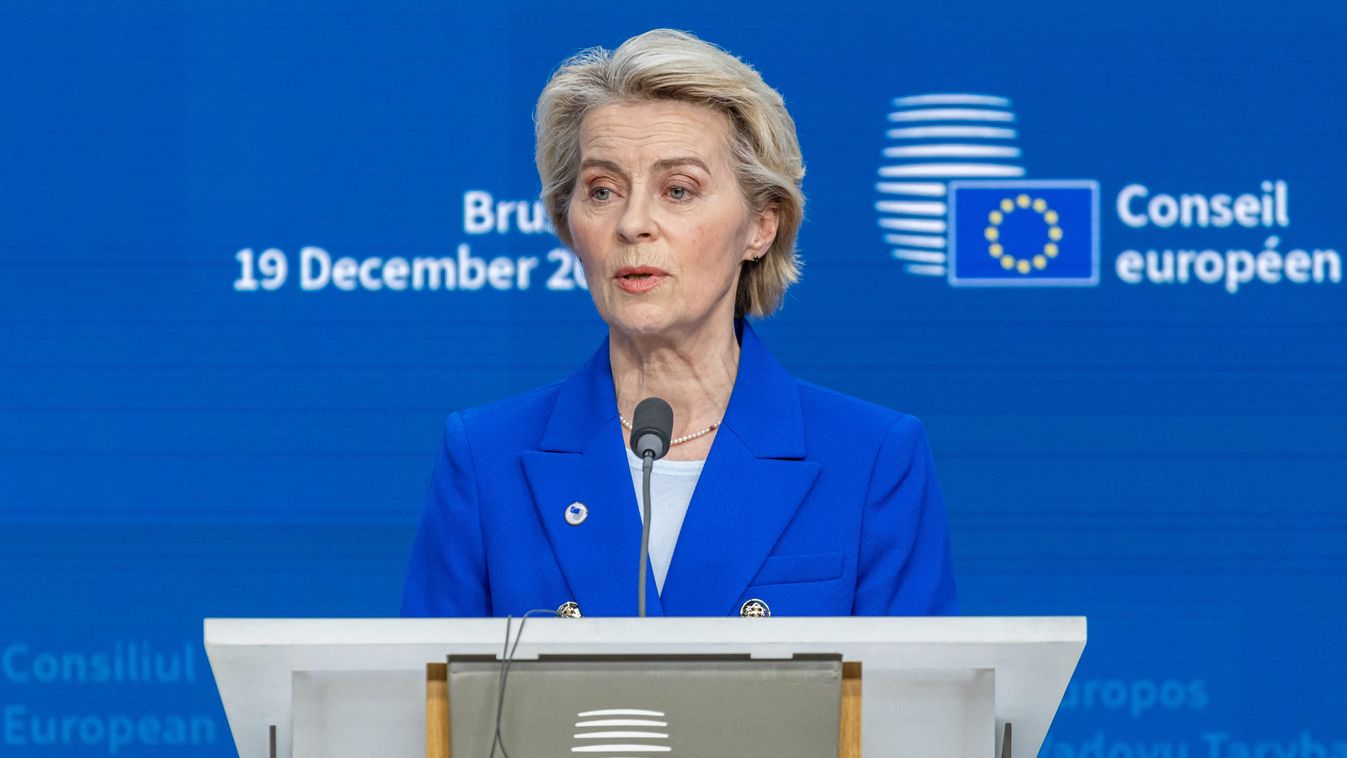
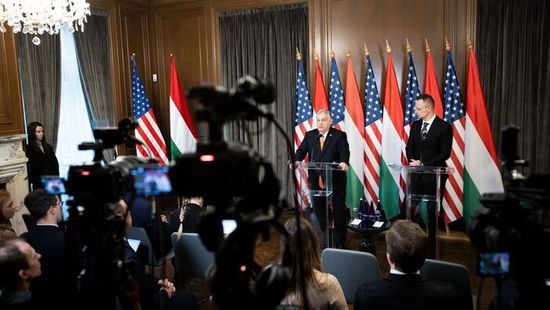
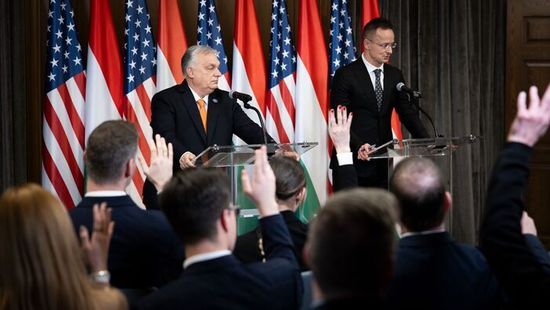
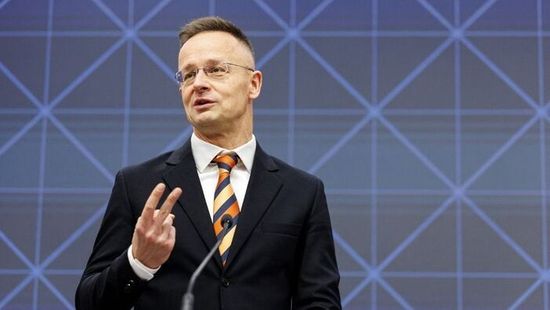
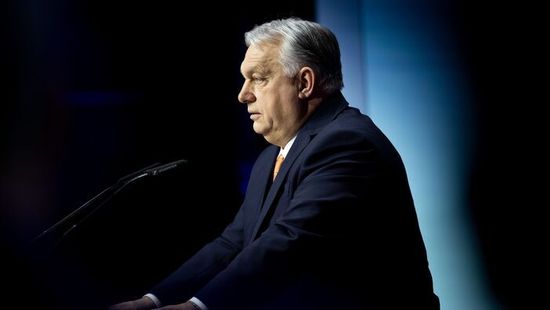


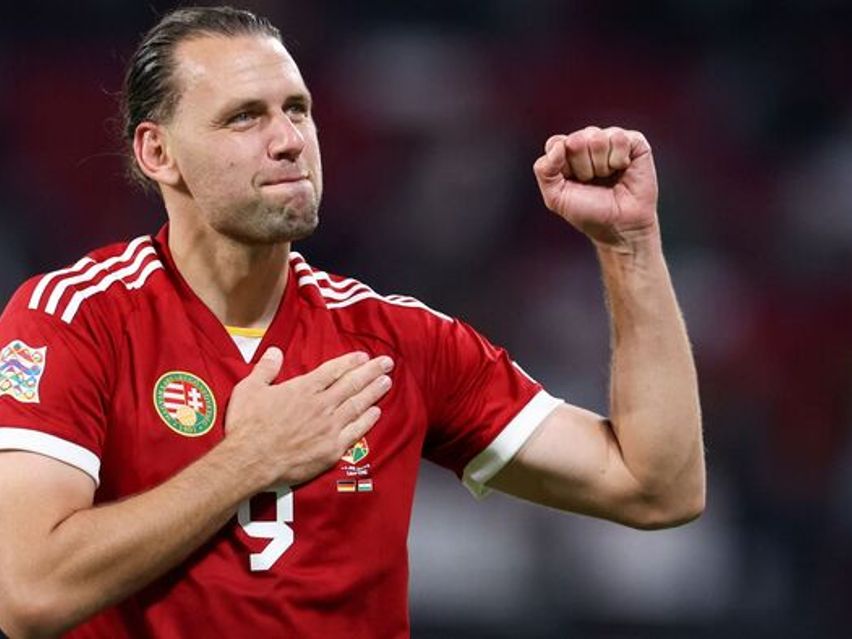
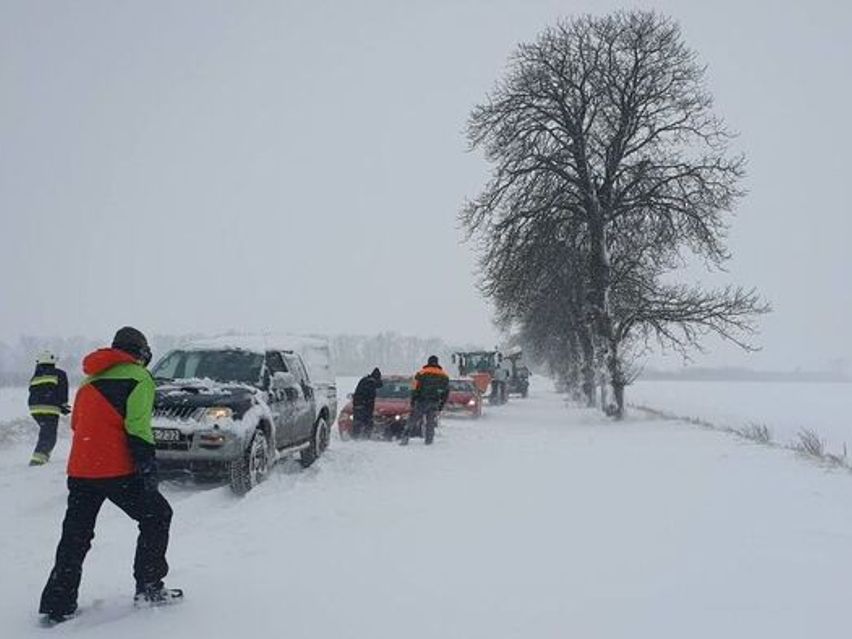



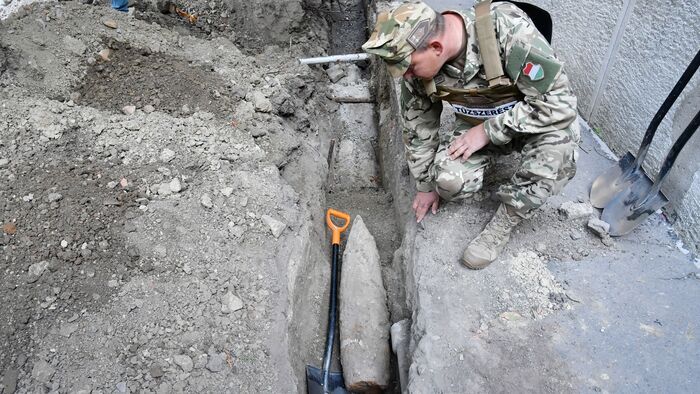

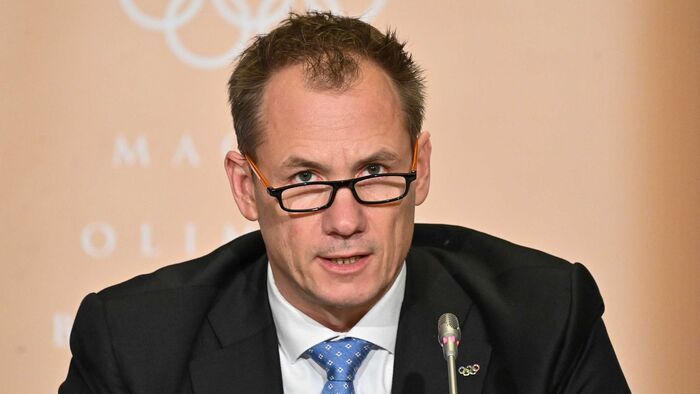
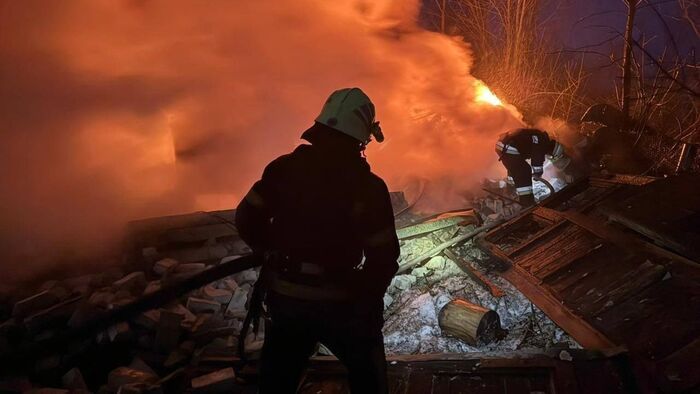
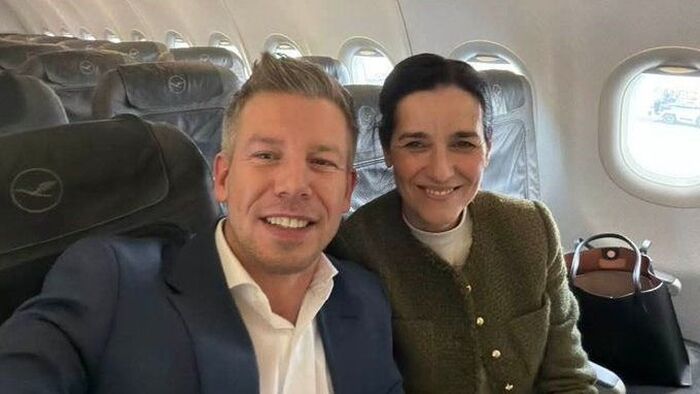
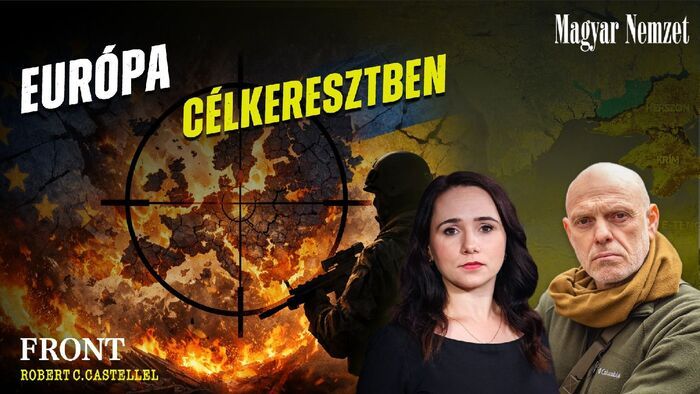


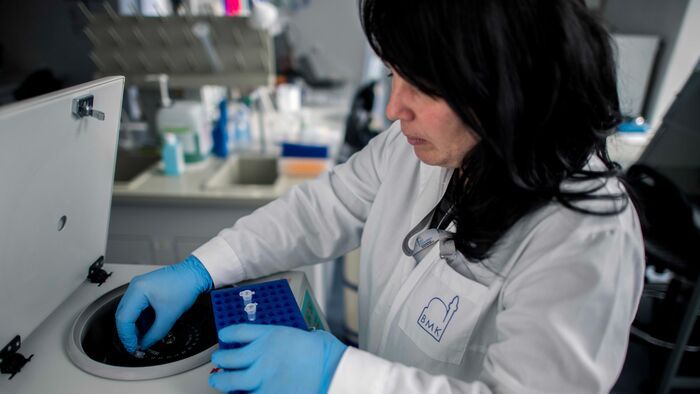
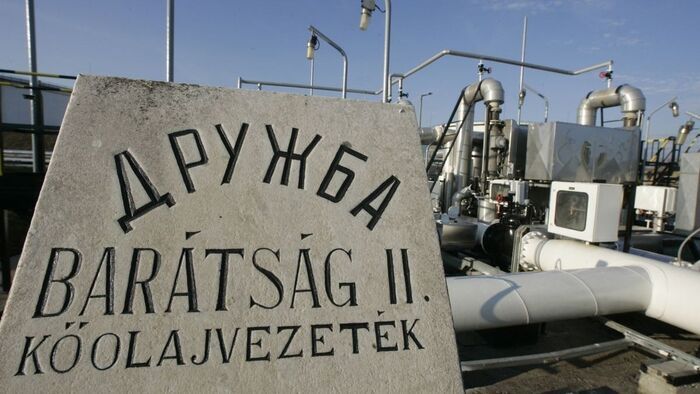

Szóljon hozzá!
Jelenleg csak a hozzászólások egy kis részét látja. Hozzászóláshoz és a további kommentek megtekintéséhez lépjen be, vagy regisztráljon!